Blockbuster ruling strips Qualcomm of patent forcing ITC to side with Apple
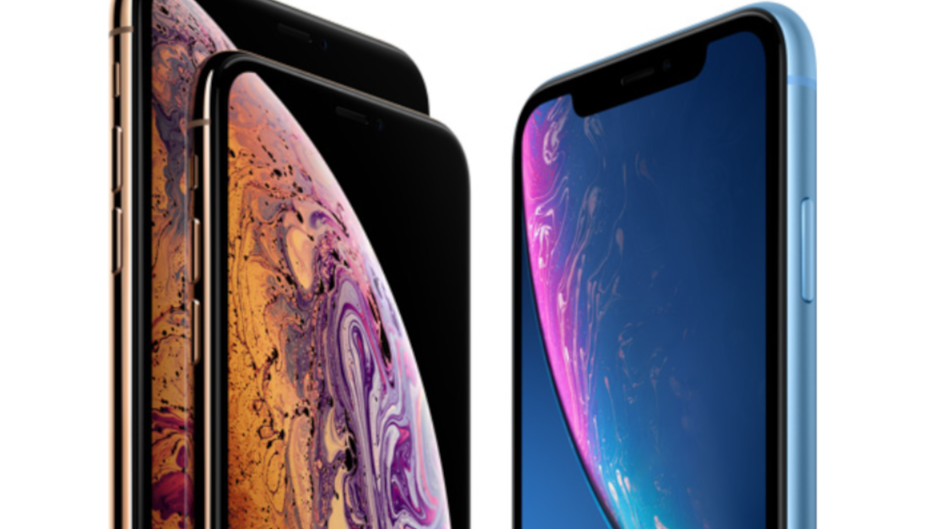
Earlier today, we told you about a decision made in a new case brought by Qualcomm to the U.S. International Trade Commission (ITC). Today's ruling by ITC Judge MaryJoan McNamara recommended that an exclusion order be placed on certain iPhone models imported to the states from China. The ruling was made after the judge found that Apple infringed on a Qualcomm patent, but did not infringe on two others. The entire U.S. ITC, as per commission rules, will review this case and make a final decision in July.
Shortly after this news came out, the U.S. ITC released the blockbuster decision that we had been expecting all day relating to a decision made by Judge Thomas Pender back in September. In that case, Pender found that Apple infringed on a Qualcomm patent related to a power saving feature on the iPhone 7, iPhone 7 Plus, iPhone 8, iPhone 8 Plus and the iPhone X. However, Judge Pender said that it would not be in the public's interest to issue an exclusion ban against those models. That decision was reviewed by the entire U.S. ITC and the final ruling agrees with Judge Pender's initial call; there will be no exclusion order against the iPhone based on the case that the U.S. ITC heard in September. In addition, Qualcomm's patent on the power saving feature that Apple initially was found liable of infringing, has been declared invalid. Since the patent was tossed, the full commission had no choice but to pass on issuing a sales and import ban against Apple. Had the full ITC review led it to impose an exclusion order against Apple, it would have been sent to President Donald Trump to either sign off on, veto, or let lapse after 60 days.
"Qualcomm will be happy they got at least something, but at the end of day, with this final determination, Apple will be emboldened to think it can continue to ward off Qualcomm’s attacks. I don’t see anything here that would impact Apple’s defense strategy."-Gaston Kroub, patent lawyer
Qualcomm awaits decision in another case that could change the way it sells its chips
Another huge decision is expected soon from the court battle between the Federal Trade Commission (FTC) and Qualcomm. In this case, the FTC argued that Qualcomm violates antitrust laws with its "no license, no chips" policy. The no-jury trial was presided over by Judge Lucy Koh, a veteran of many legal battles in the tech world including the first Apple v. Samsung trial. Should Judge Koh rule in the FTC's favor, Qualcomm could be forced to change the way it sells its chips to smartphone manufacturers. Another lawsuit that charges the chip maker of running a monopoly will start next month with Apple as the plaintiff.
Apple and Qualcomm have squared off in a number of court battles this year, and the two companies probably have contributed quite a bit to the high standards of living enjoyed by many attorneys. For example, over the last few months Qualcomm has won patent infringement cases against Apple in China, Germany and the U.S.
As you might imagine, the shares of Apple and Qualcomm both reacted to the pair of decisions. When Judge McNamara's recommendation in favor of an exclusion order was announced earlier today, it led Apple's shares to close the day down 1% in regular trading to $186.79. Qualcomm's shares had an even larger reaction, rising 2.4% to $58 (remember, the full commission still needs to review that case). When the final decision over the September hearing was announced in Apple's favor, its shares rose .5% in after hours trading while Qualcomm's declined .4%
Follow us on Google News

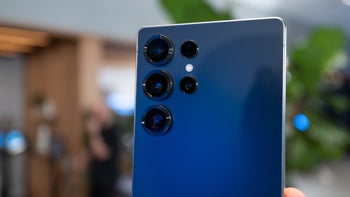
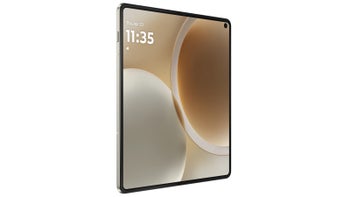


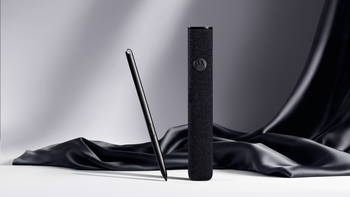
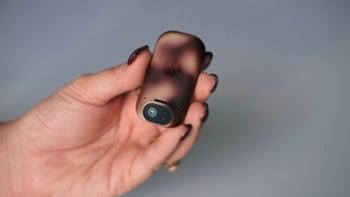




Things that are NOT allowed:
To help keep our community safe and free from spam, we apply temporary limits to newly created accounts: